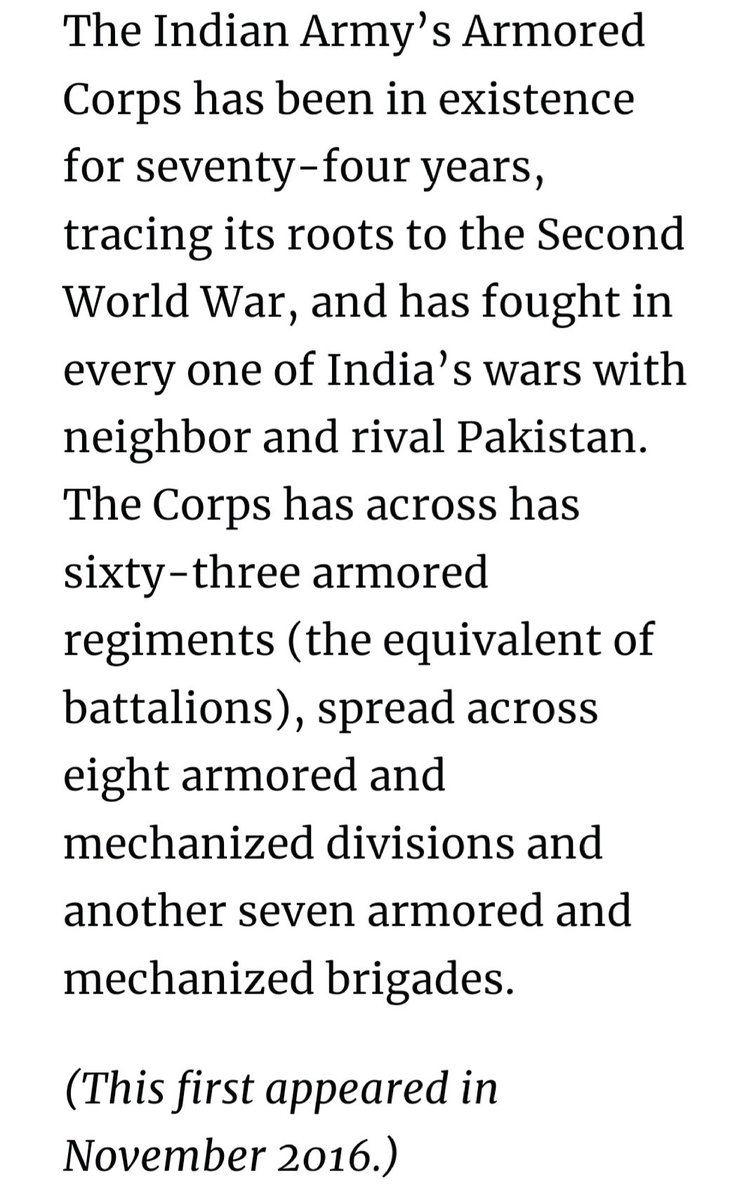Riyadh's position as the leader of the Muslims has been under threat from Tehran right after the Islamic Revolution of 1979
Regimes in Egypt , Syria , Saudi Arabia , Iraq , Jordan and Lebanon collaborated in the Arab-Israeli War as early as 1948.
This mantle passed onto Anwar Sadat as he led Egypt into "The Yom Kippur War" in 1973.
Nasser called for talks in 1967 but it was Sadat who signed the Camp David Accord and the Egypt-Israel Peace Treaty in 1979 which led to a major realignment in the power dynamics of the Middle East.
He was assassinated in 1981 by members of the Egyptian Islamic Jihad.This created a power vaccum that Saddam Hussein hope to fill.
(Iran-Iraq Wars)
This enabled Tehran to consolidate its hold on Iraq through a Shia dominated government in Baghdad.
The most impacted among these countries were #Syria and #Yemen as the ruling elites in Damascus and San'aa aligned with either block.
This coalition was supported by the Americans and the British ( Planning Air Strikes , Intelligence , SAR , Air Refuelling ).
Riyadh was subject to widespread criticism for creating a Humanitarian Crisis in Yemen.
Assad has increasingly relied on Shia Militia , Russian Special Forces and the Hezbollah to push back Saudi backed Sunni rebels in the ground campaign.
This is largely due to its Nuclear Weapons Program and muscle flexing in the Persian Gulf.









